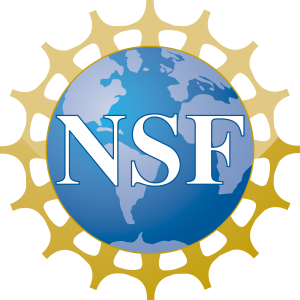 The following is a guest blog post by Weisong Shi, a Charles H. Gershenson Distinguished Faculty Fellow and a Professor of Computer Science at Wayne State University.
The following is a guest blog post by Weisong Shi, a Charles H. Gershenson Distinguished Faculty Fellow and a Professor of Computer Science at Wayne State University.
The organizing committee for the National Science Foundation (NSF) sponsored Grand Challenges in Edge Computing has released their workshop report.
The workshop, held in October 26, 2016, brought together experts from academia, government, and industry to assess the vision, recent trends, state-of-the-art research, and impending challenges of the edge computing. the objectives of the workshop include:
- Foster the edge computing community;
- Set the vision and identify grand challenges and open problems;
- Identify collaboration mechanisms among academia, industry and government.
This report serves as a collection of such input to government funding agencies and interested parties in industry and academia. We identified the top five grand challenges in each of the three areas, represented through the parallel breakout sessions in this one day workshop: Applications, Architecture, and Capabilities and Services. Examples of grand challenge from each of these three lists include:
- Support real time applications, from edge analytics in embedded AI to feedback control in cyber physical systems, through reduced and almost deterministic latency afforded by edge networking.
- Develop a framework for decomposition of computation over heterogeneous and volatile computing substrate.
- Create edge service API definitions and sustain an edge service ecosystem with incentivized participation from many stakeholders.
To learn more about the workshops recommendations, please read the full report.









